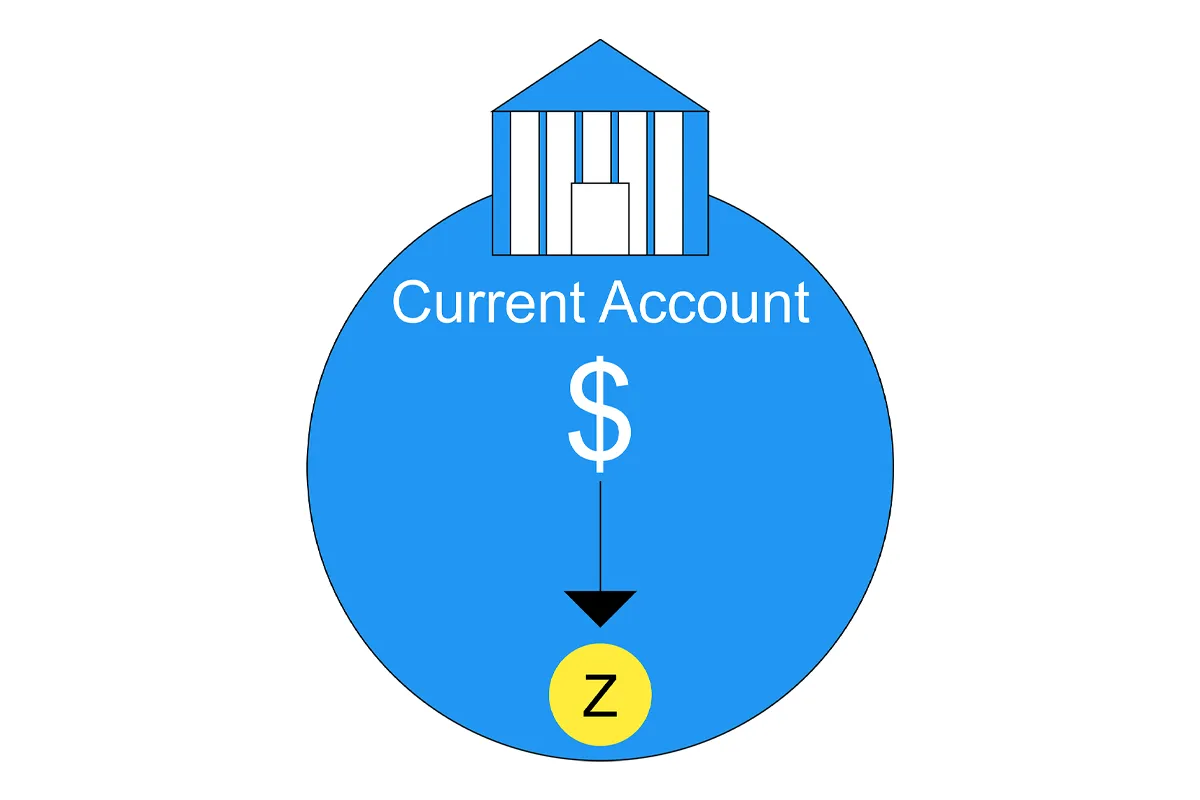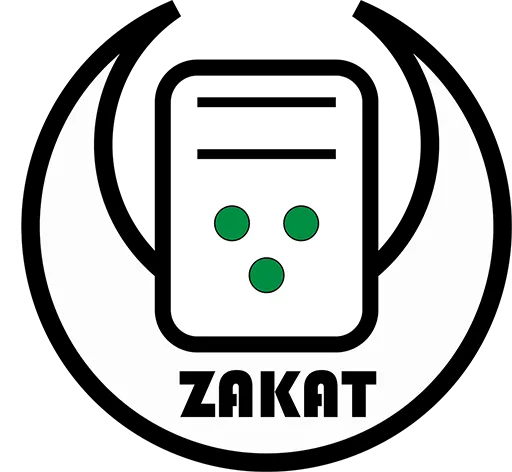
When it comes to financial responsibilities, zakat deduction plays a pivotal role in maintaining social balance. But what happens when you’re managing a current account? Is zakat deducted on current account in Pakistan? Let’s dive deep into this topic to give you a clear understanding. 🌟
Want to calculate Zakat? here is the calculator.
What is Zakat and Why Does It Matter?
Zakat, one of the five pillars of Islam, is a compulsory act of charity aimed at wealth redistribution. It’s not just a religious duty but also a means to purify your wealth. Here’s why it matters:
- Social Equity: Zakat helps bridge the gap between the rich and poor.
- Spiritual Purification: It purifies wealth and the heart from greed. 💖
- Economic Growth: Zakat injects liquidity into the economy, helping the needy fulfill their needs.
In essence, zakat is more than just a financial obligation; it’s a moral and spiritual one.
Is Zakat Deducted on Current Account in Pakistan?
Yes, zakat deduction on current account is a standard practice in Pakistan. According to the Zakat and Ushr Ordinance, banks automatically deduct zakat on the first day of Ramadan. But there are specific rules:
- Zakat is applicable only if your account balance exceeds the nisab threshold.
- Current accounts, unlike savings accounts, often don’t earn profit. Yet, zakat is calculated on the total balance.
- To avoid automatic deduction, individuals can submit a Zakat Declaration Form (commonly known as CZ-50).
Key Points to Remember:
- Nisab Threshold: The value of 612.36 grams of silver determines the nisab.
- Non-Applicability: If your balance is below nisab, no zakat will be deducted.
- Zakat Exemption: Submitting a declaration exempts you from automatic deduction.
Zakat Deduction on Current vs. Savings Account
While both account types are subject to zakat, there are notable differences:
| Account Type | Zakat Deduction Rules |
| Current Account | Balance only; no profit calculation involved. |
| Savings Account | Includes balance and profit for zakat deduction. |
For 2025, zakat deduction on savings account 2025 includes profits earned, making it slightly different from current accounts. 🏦
How to Calculate Zakat on Your Current Account
Calculating zakat is straightforward but requires attention to detail:
Step-by-Step Guide:
- Determine Your Balance: Check the account balance as of the first day of Ramadan.
- Compare with Nisab: Confirm if your balance exceeds the nisab threshold.
- Apply the Zakat Rate: Calculate 2.5% of your total balance.
Example Calculation:
- Account Balance: PKR 100,000
- Nisab: PKR 50,000 (hypothetical value)
- Zakat: 2.5% of PKR 100,000 = PKR 2,500
Pro Tip: Use online calculators to make this process easier.
Zakat Exemption: Submitting a Declaration Form
Not everyone is obligated to pay zakat through automatic bank deduction. If you are managing your zakat obligations independently, here’s how to claim exemption:
- Download the CZ-50 Form: Available on most bank websites.
- Fill Out the Form: Include personal details and reasons for exemption.
- Submit to Your Bank: Ensure submission before the deadline to avoid automatic deduction.
This process ensures that you retain control over how and when you pay zakat.
Benefits of Zakat Deduction on Current Accounts
Why should you embrace zakat deduction instead of avoiding it? Here are some key benefits:
- Convenience: Automatic deduction saves time.
- Accuracy: Banks calculate zakat based on official nisab values.
- Accountability: Ensures compliance with Islamic laws.
Quick Takeaway:
Zakat deduction on current accounts might seem complex, but it’s an essential part of fulfilling your religious duties. 🕌
Where is the Zakat Deducted Spent?
When zakat is deducted, it doesn’t just disappear into an unknown void. Instead, it is distributed meticulously to ensure it benefits the most deserving individuals and causes. Here’s a breakdown of where the zakat deduction goes:
1. Helping the Poor and Needy
The primary goal of zakat is to alleviate poverty. Funds are directed to individuals struggling to meet basic needs like food, clothing, and shelter. These beneficiaries are often those who fall below the nisab threshold, ensuring that zakat provides real relief.
2. Supporting Orphans
Orphans are among the most vulnerable in society. Zakat contributions are allocated to provide them with essentials like education, healthcare, and housing. This ensures they have a fair chance at a better future. 🌟
3. Freeing Debt-Ridden Individuals
People burdened by debt often find it impossible to escape the cycle of poverty. Zakat funds are used to help these individuals clear their debts, giving them a fresh start.
4. Funding Community Welfare
Projects like building schools, hospitals, and water wells are financed through zakat. These initiatives uplift entire communities and create long-term positive impacts.
5. Supporting Travelers in Need
Stranded travelers or those facing financial difficulties while on a journey can benefit from zakat. This provision ensures that they are not left helpless.
6. Spreading Islamic Knowledge
Zakat funds are also allocated to promote Islamic education and provide scholarships for students pursuing religious studies.
In summary, zakat deduction ensures that wealth circulates within society, helping those in need and promoting equity. It’s a powerful tool for fostering compassion and creating a more just world.
Tips for Managing Zakat on Bank Accounts
Managing your finances while adhering to zakat rules doesn’t have to be stressful. Follow these tips:
- Keep Track of Balances: Regularly monitor your account.
- Understand Nisab: Stay updated on current nisab values.
- Use Zakat Calculators: Simplify calculations with online tools.
- Seek Financial Advice: Consult experts for clarity.
Conclusion
Understanding zakat deduction on current accounts is crucial for both spiritual and financial well-being. By knowing the rules, exemptions, and benefits, you can confidently manage your obligations. Whether you’re calculating zakat manually or relying on automatic deductions, staying informed ensures compliance with Islamic principles while contributing to societal welfare. Let zakat be more than a duty—let it be a meaningful act of giving. 🌍
Common Questions About Zakat Deduction
No. Zakat is deducted only on accounts that meet the nisab threshold unless an exemption form is submitted.
Yes! Visit calculate zakat on your savings to learn more.
The balance on the first day of Ramadan determines zakat deduction. Any withdrawals before this date can reduce the amount subject to zak
